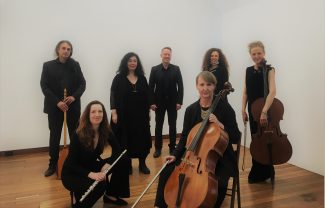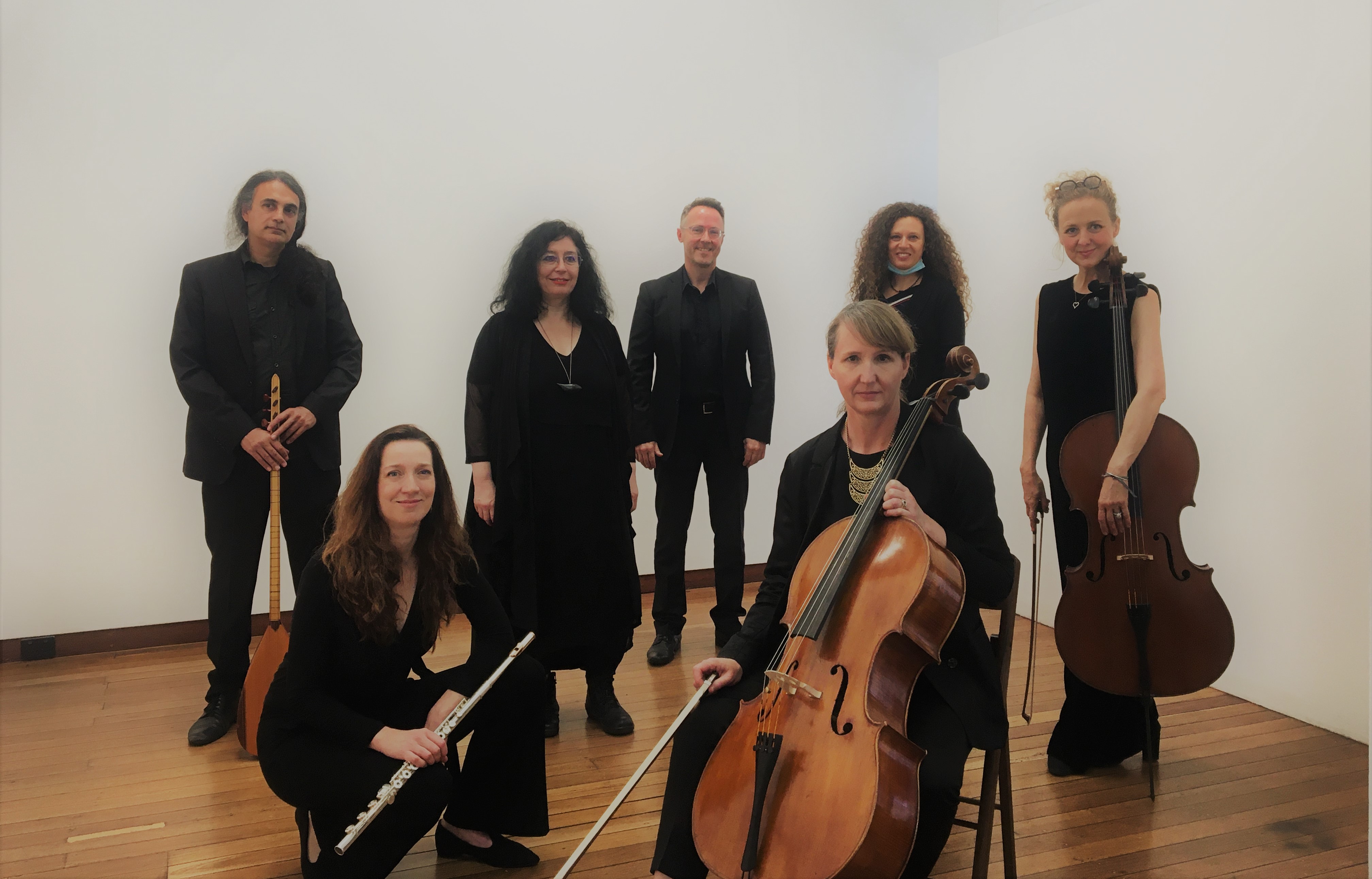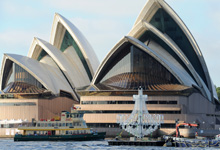1:1 Concerts – Relief And Sustenance During The COVID Crisis

A new concept in live performance is emerging – one that aims to sustain musicians, the art of performance and the souls of the audience. 1:1 concerts, is a concert experience offered by ‘Covid Concert Hall refugees.’ The concert is structured around one musician and one listener at a two-metre distance, experiencing a ten-minute, non-verbal, one-to-one musical experience. Venues include the Australian bush, Old Parliament House Gardens, Cement Fondu Gallery, the National Carillon and normally inaccessible parts of Christ Church Cathedral, Newcastle and Pitt St Church becoming 2020’s alternative concert halls.
Access is by donations which go directly to Freelance Artist Relief Australia (FARA), founded by celebrated soprano Nicole Car, supporting musicians who are in distress due to the corona-driven cancellation of all concerts and performances.
Music has been an indispensable part of our company during the limitations of the COVID pandemic. Orchestras and opera companies, have closed, yet balcony concerts, online lessons, digital concerts and home recordings have proliferated, proving that what is strong and thriving adapts to survive. Covid Concert Hall refugees, exiled from familiar their performing homes have been forced to find new venues that accommodate the corona crisis. As a result, Stephanie Winker, Franziska Ritter and Christian Sigmund devised 1:1 CONCERTS in Germany, a now global concept, adopted in Australia and led by flautist and academic Sally Walker. Concerts are available in Canberra, Sydney and Newcastle, with plans to soon expand to more venues nationally.
Inspired by the work of performance artist Marina Abramović’s “Listening differently” (2019), 1:1 CONCERTS unconventional venues reclaim the intimacy between performers and their audience. The concert attendees do not know who is going to play. Whether they hear a flautist, singer, oud player or a cellist will come as a surprise. Performers include cellists Anthony Albrecht, James Beck and Daniel Yeadon, Anthea Cottee (cello/gamba), Kim Cunio (oud), soprano Taryn Fiebig, violinists Aiko Goto and Simone Slattery, Peter Guy (Pipe Organ), pianists Elena Kats-Chernin and Sonya Lifschitz, Robert Oetomeo (Percussion), Rachael Thoms (Voice) and Sally Walker herself.
Flautist Sally Walker performing Debussy’s “Syrinx” in the Newcastle Bush
Freelance Artist Relief Australia (FARA) was established in March 2020 to provide crisis relief to Australian classical musicians, wherever they are based. These professionals face an indefinite period of work and income loss. Beyond immediate financial help musicians to survive during this time, FARA is also fighting for the survival of our fragile performing arts ecosystem. Whether emerging, or established, all musicians and creatives have lost months, if not years of work. As anticipated back in February, this crisis is threatening the capacity of many to maintain their careers despite years, perhaps decades of training, dedication and experience. Losing these musicians would represent a tragic loss of artistry and endanger, more broadly, the vibrancy of the performing arts sector, now and into the future. The first round of applications (March – May) saw $240 000 worth of grants distributed to 49 singers. For the second round (June – August) FARA distributed a further $110 000 to 33 singers. The third round of applications will open in December and will be extended to all freelance artists involved in the classical music and opera industry (instrumentalists, singers, conductors and directors).





Can you be more specific about the content of your article? After reading it, I still have some doubts. Hope you can help me. https://accounts.binance.com/fr/register?ref=T7KCZASX